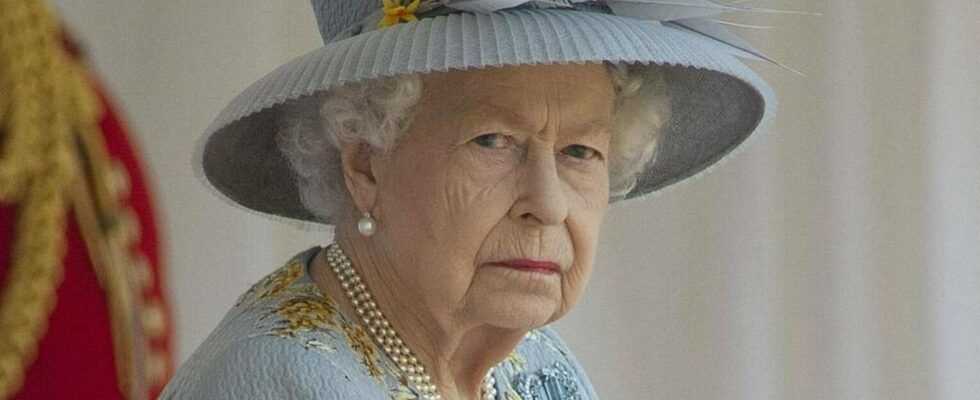Queen Elizabeth II
She wants to break her principle because of the Lilibet dispute
“Never complain, never explain” – the Queen now wants to abandon this longstanding principle.
© imago images / i Images
The name dispute over Prince Harry’s daughter was probably too much of a good thing: The Queen is now planning to break a long-standing rule.
Rumors and stories about the British monarchy have so far generally remained uncommented on the part of the royal court and Queen Elizabeth II (94). The principle “Never complain, never explain” has always been in force. According to the British newspaper “Daily Mail” However, the Queen decided to break this rule in the future after the name discussion about the daughter of Prince Harry (36) and Duchess Meghans (39).
In the future, according to an anonymous insider, “untruths” that circulate in public about the royal family will no longer be left uncommented. The palace employees were asked to correct false reports about the Queen or other high-ranking royals.
That is behind the name dispute over Lilibet
The BBC had reported citing a palace sourcethat Harry and Meghan had not asked Queen Elizabeth II for permission to name their daughter Lilibet. This is a Queen’s nickname used only by close confidants and relatives such as her late husband, Prince Philip (1921-2021). Prince Harry contradicted the report only a short time later. He said he had spoken to his grandmother about his daughter’s name before she was born.
US media also reported that Lilibet “Lili” Diana Mountbatten-Windsor was introduced to her great-grandmother Queen Elizabeth II by video shortly after the birth. The Daily Mail informant contradicted this statement: “There was no video call. Friends of the Sussexes appear to have given misleading information to journalists […] That broke the barrel. “
That means breaking the rules for the future
So far, the palace has barely been able to correct such stories. The now changed regulation goes beyond the name disputes. “This is about whether something that is being reported is an accurate version of what happened or not,” the insider said.
